The geochemist Prof. Dr. Xiao-Ming Liu is guest at the GFZ from 15 July for a two-month research stay as part of the Friedrich Wilhelm Bessel Research Award. She will be hosted by Section 3.3 Earth Surface Geochemistry, where she will collaborate with Prof. Dr. Friedhelm von Blanckenburg.
Specifically, Xiao-Ming Liu is researching why the Earth gradually cooled over the last 15 million years - i.e. before human influence - until polar ice and glaciers formed. This is one of the fundamental questions in the Earth Sciences. Current knowledge is that this is related to the weathering of the rocks at Earth's surface and the interaction with ecosystems. During weathering, small amounts of the greenhouse gas CO₂ are removed from the atmosphere. To find the cause of global cooling, Xiao-Ming Liu measures the isotopic composition of some metallic elements on sediment from past times. To do this, she employs new methods that indicate the intensity of weathering.
Xiao-Ming Liu is known for using innovative methods in stable isotope Geochemistry. With these methods, she investigates the fundamental processes of the Earth. She has been a pioneer in the development and application of modern isotope ratio systems. She employs these systems to the Earth's "Critical Zone" - the section of Earth's surface where rocks, water, and organisms come jointly cause chemical weathering and from soils.
Xiao-Ming Liu studied in China, Canada and the USA and completed her PhD at the University of Maryland in 2013. Thereafter she spent two years at the Carnegie Institution of Washington as a PostDoc. Since 2015, she has been researching and teaching at the University of North Carolina, first as an assistant professor and since 2021 as an associate professor.
About the Friedrich Wilhelm Bessel Research Award
The Friedrich Wilhelm Bessel Research Award is granted annually by the Alexander von Humboldt Foundation to approximately 20 internationally renowned researchers. With this award, the Foundation recognises outstanding research achievements. In order to receive the award, the scientists and scholars are expected to make a lasting impact on their field of research beyond their immediate area of work through further outstanding scientific achievements. The prize money supports the implementation of self-selected research projects in Germany in cooperation with scientists from the field.




![[Translate to English:] Many people are listening to a presentation in the GFZ lecture hall.](/fileadmin/_processed_/c/a/csm_1_Bild1_hell_b9c0e9f5ed.jpeg)





![[Translate to English:] Both scientists sitting on stools in front of a wall of books in the Telegrafenberg library](/fileadmin/_processed_/6/6/csm_Buiter_Castell_DORA_4_e87cb1ea18.jpeg)
![[Translate to English:] Gruppenbild mit 4 Personen](/fileadmin/_processed_/8/d/csm_20241017_GFZ-Emmerman-Medal-005_web_reinhardtundsommer_21a414fa4a.jpeg)






![[Translate to English:] Ice landscape with five red tents](/fileadmin/_processed_/8/9/csm_Zeltlager_auf_dem_Eis_Urheberin_Jenine_McCutcheon_5ced2d523b.jpeg)


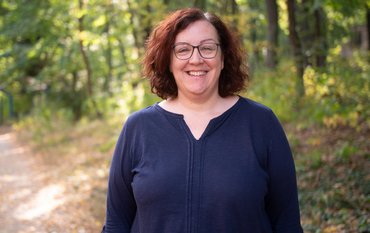
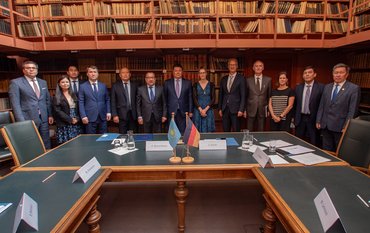

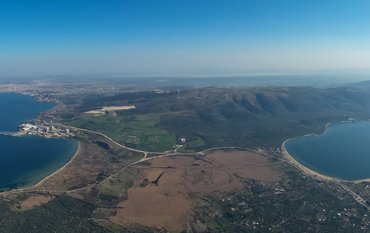
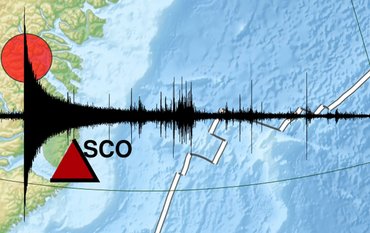
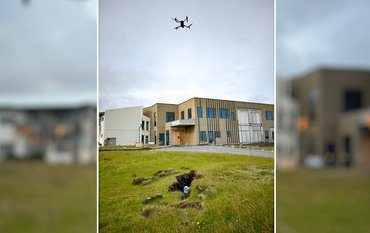

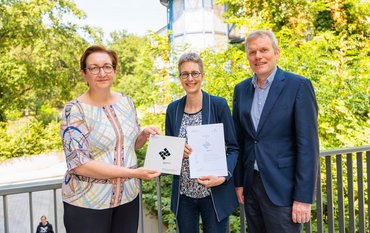
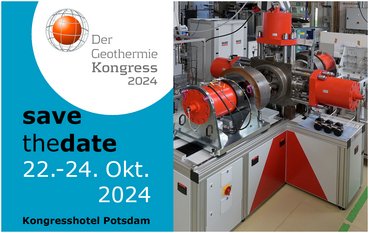
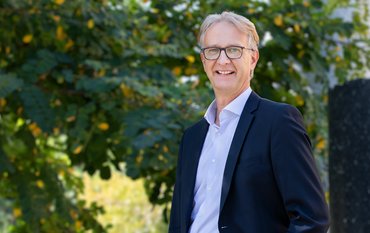
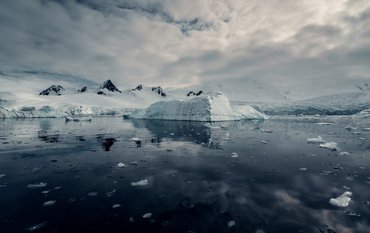
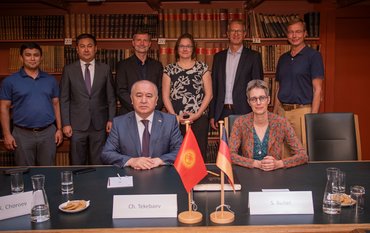
![[Translate to English:] Group photo with 7 people in front of a new metal plant in a large laboratory hall.](/fileadmin/_processed_/0/4/csm_20240628-GFZ_Einweihung_Triax-Anlage-PRESSE_Abb1_040_c-Bahlo-GFZ_187906cb48.jpeg)